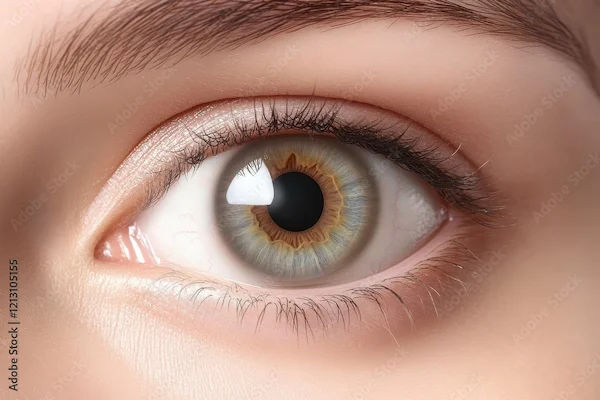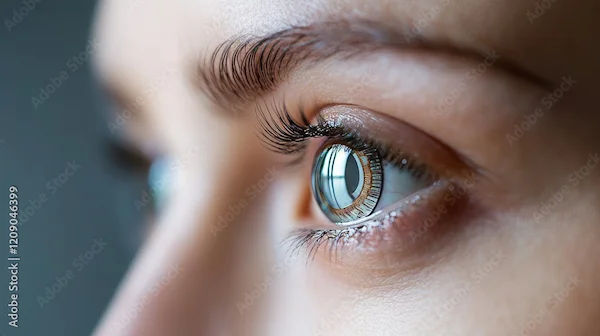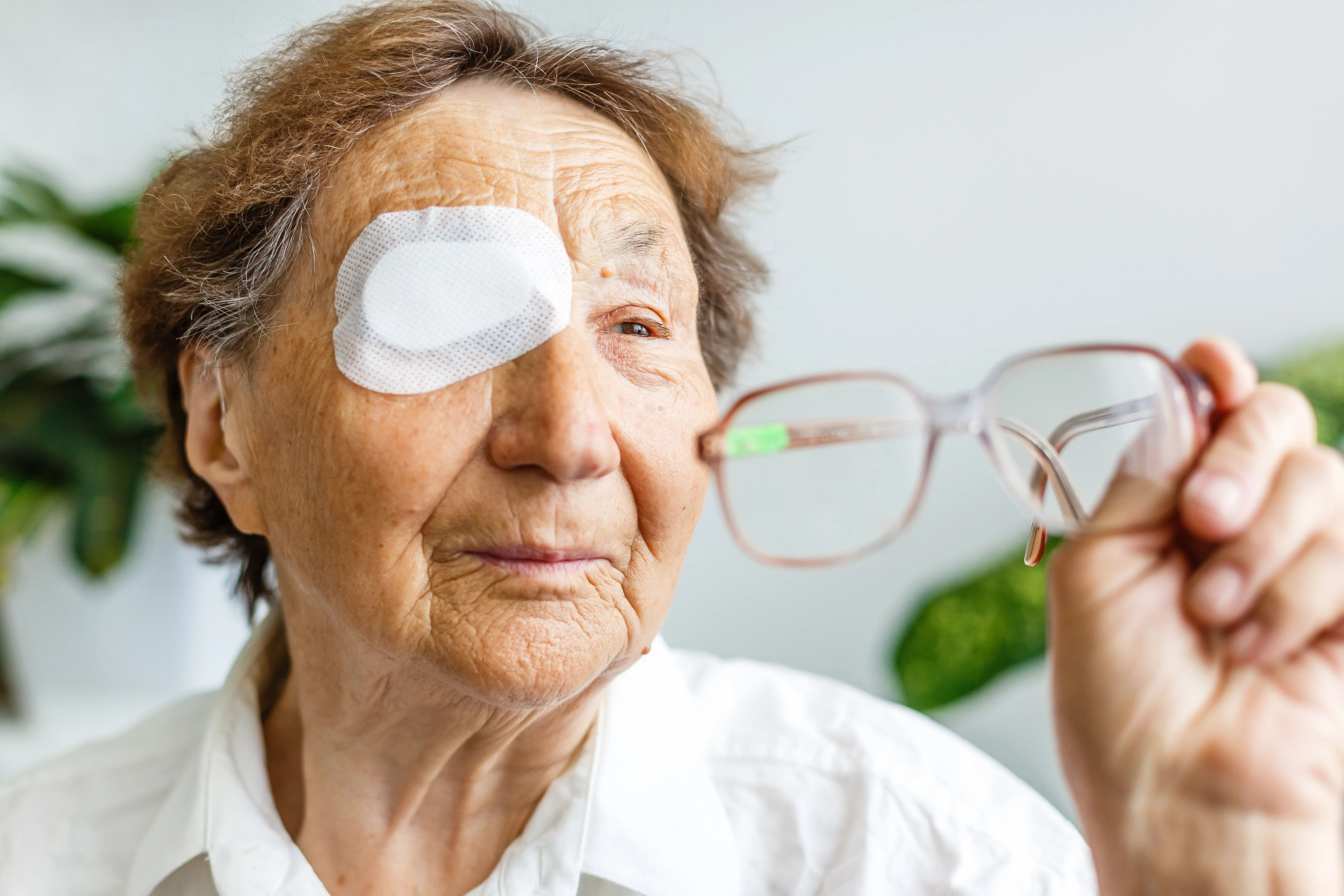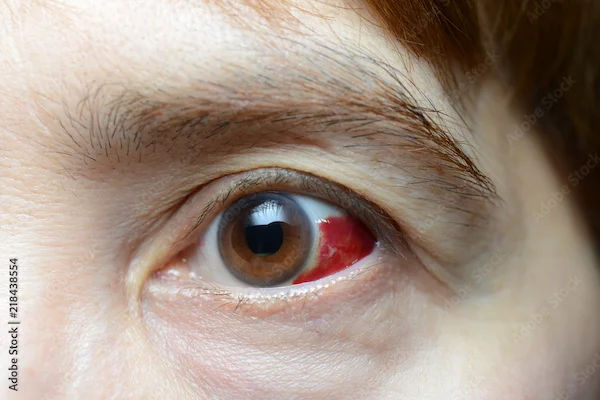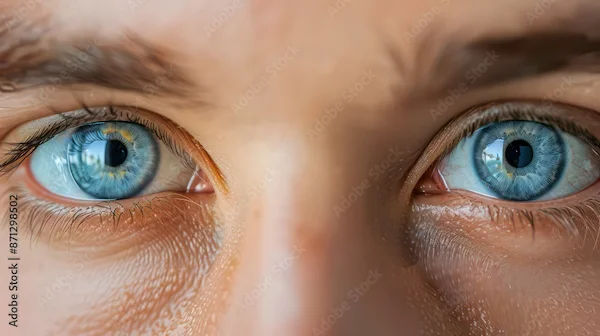Cataract Reversal Without Surgery
Wondering if cataracts can be reversed without surgery? Learn about non-surgical options, lifestyle tips to slow progression, and when to consider cataract surgery.

Written by Dr. Dhankecha Mayank Dineshbhai
Reviewed by Dr. J T Hema Pratima MBBS
Last updated on 9th Oct, 2025
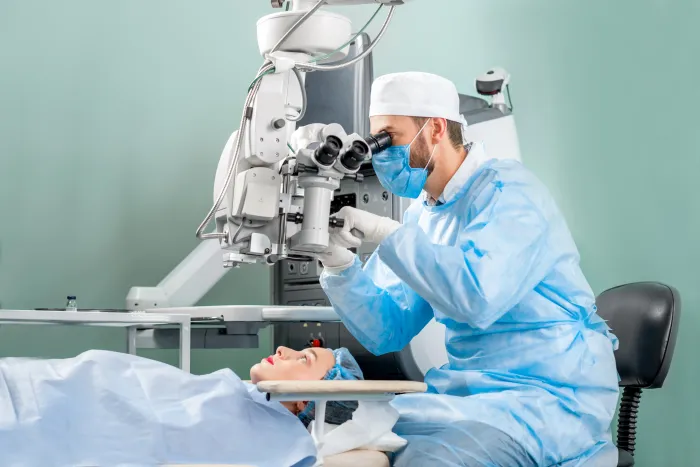
Introduction
Cataracts are a common eye condition, especially among older adults, where the eye's natural lens becomes cloudy, leading to blurry vision and difficulty seeing clearly. While surgery is the most effective treatment, many people wonder if cataracts can be reversed without surgery.
In this article, we’ll explore whether cataract reversal without surgery is possible, what options exist, and how you can take care of your eyes to slow down cataract progression.
Understanding Cataracts
Before discussing treatments, it's important to understand what cataracts are and what causes them.
What Are Cataracts?
A cataract occurs when proteins in the eye's lens break down and clump together, causing cloudiness. This makes it harder for light to pass through, leading to:
Blurry or foggy vision
Difficulty seeing at night
Sensitivity to bright lights
Fading of colours
Frequent changes in eyeglass prescriptions
What Causes Cataracts?
Common causes include:
Ageing (most common cause)
Diabetes
Smoking
Excessive UV exposure
Eye injuries
Long-term steroid use
Consult Top Specialists for Personalised Eye Health Advice
Can Cataracts Be Reversed Without Surgery?
Currently, there is no proven medical treatment to reverse cataracts without surgery. Once a cataract forms, the only definitive way to restore clear vision is through cataract surgery, where the cloudy lens is replaced with an artificial one.
However, some non-surgical approaches may help slow down cataract progression and improve vision in the early stages.
Non-Surgical Ways to Manage Cataracts
While these options may not remove cataracts, they might support eye health and help you manage symptoms more effectively.
1. Lifestyle Changes
Certain habits and dietary choices might help preserve vision for longer.
Eat a Healthy Diet – Foods rich in antioxidants (vitamins C and E, lutein, and zeaxanthin) may help delay cataract progression. Include leafy greens, citrus fruits, nuts, and fish in your diet.
Wear Sunglasses – Protect your eyes from UV rays by wearing sunglasses with 100% UV protection.
Quit Smoking – Smoking increases oxidative stress, speeding up cataract formation.
Control Blood Sugar – If you have diabetes, keeping blood sugar levels stable can slow cataract development.
2. Vision Aids
In the early stages, simple adjustments may help improve vision quality.
Stronger Glasses or Magnifying Lenses – In early stages, updated prescription glasses may help improve vision.
Brighter Lighting – Using brighter lights at home can reduce strain on your eyes.
3. Eye Drops (Limited Evidence)
Some studies suggest that N-acetylcarnosine (NAC) eye drops may help reduce cloudiness, but more research is needed. Always consult an eye specialist before using any eye drops.
When Should You Consider Cataract Surgery?
If cataracts start interfering with daily activities like reading, driving, or recognizing faces, surgery may be the best option. Modern cataract surgery is safe, quick, and highly effective, with a short recovery time.
Signs you may need surgery:
Vision loss affecting daily life
Difficulty seeing in low light
Glare or halos around lights
Frequent changes in glasses prescription
Myths About Cataract Reversal Without Surgery
There are many misconceptions surrounding alternative treatments for cataracts. Here are some of the most common.
Eye Exercises – No scientific evidence proves that eye exercises can reverse cataracts.
Herbal Remedies – While some herbs may support eye health, they cannot dissolve cataracts.
Magic Drops – No eye drops can completely cure cataracts yet.
When to See a Doctor
If you notice any vision changes, consult an ophthalmologist for a proper diagnosis. Early detection helps in managing cataracts better.
If you or a loved one is experiencing vision problems, you can book an eye consultation or cataract screening through Apollo 24|7. Early intervention can help preserve your vision and improve the quality of life.
Final Thoughts
While cataracts cannot be reversed without surgery, certain lifestyle changes and vision aids can help slow their progression. If cataracts begin to affect your daily life, surgery remains the most reliable solution.
Remember, regular eye check-ups are crucial for maintaining good vision. Don’t ignore symptoms—seek professional advice to keep your eyes healthy!
Would you like to schedule an eye exam? Visit Apollo 24|7 today and take the first step toward clearer vision!
Consult Top Eye Specialists
Consult Top Specialists for Personalised Eye Health Advice

Dr. Sujit Pahari
Ophthalmologist
22 Years • MBBS, DNB, DOMS Ophthalmologist/ Eye Surgeon. FIC (Ophthal).
Bilaspur
Apollo Hospitals Seepat Road, Bilaspur
(25+ Patients)

Dr Rajesh Rastogi
Ophthalmologist
33 Years • MBBS, MS Ophthalmology
New Delhi
Rotary Diabetic Centre, New Delhi
Dr. S Venkateswaran
Ophthalmologist
35 Years • MBBS, PGD (OPTHALMOLOGY)
Tiruvannamalai
Shiva Eye And General Hospital, Tiruvannamalai
Dr. Padmini S
Ophthalmologist
4 Years • MBBS,MS
Bengaluru
Apollo Medical Center, Marathahalli, Bengaluru
Dr. V.chittibabu
Ophthalmologist
30 Years • MBBS, MS
Vellore
Krupa Eye Clinic, Vellore
Consult Top Eye Specialists

Dr. Sujit Pahari
Ophthalmologist
22 Years • MBBS, DNB, DOMS Ophthalmologist/ Eye Surgeon. FIC (Ophthal).
Bilaspur
Apollo Hospitals Seepat Road, Bilaspur
(25+ Patients)

Dr Rajesh Rastogi
Ophthalmologist
33 Years • MBBS, MS Ophthalmology
New Delhi
Rotary Diabetic Centre, New Delhi
Dr. S Venkateswaran
Ophthalmologist
35 Years • MBBS, PGD (OPTHALMOLOGY)
Tiruvannamalai
Shiva Eye And General Hospital, Tiruvannamalai
Dr. Padmini S
Ophthalmologist
4 Years • MBBS,MS
Bengaluru
Apollo Medical Center, Marathahalli, Bengaluru
Dr. V.chittibabu
Ophthalmologist
30 Years • MBBS, MS
Vellore
Krupa Eye Clinic, Vellore
